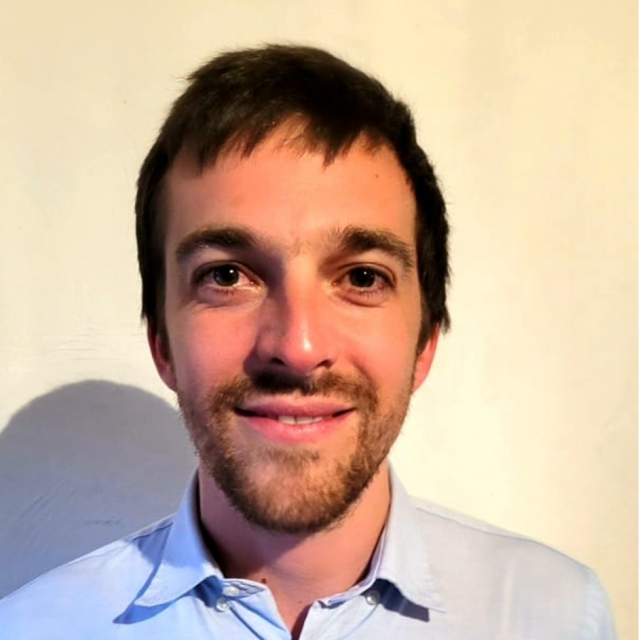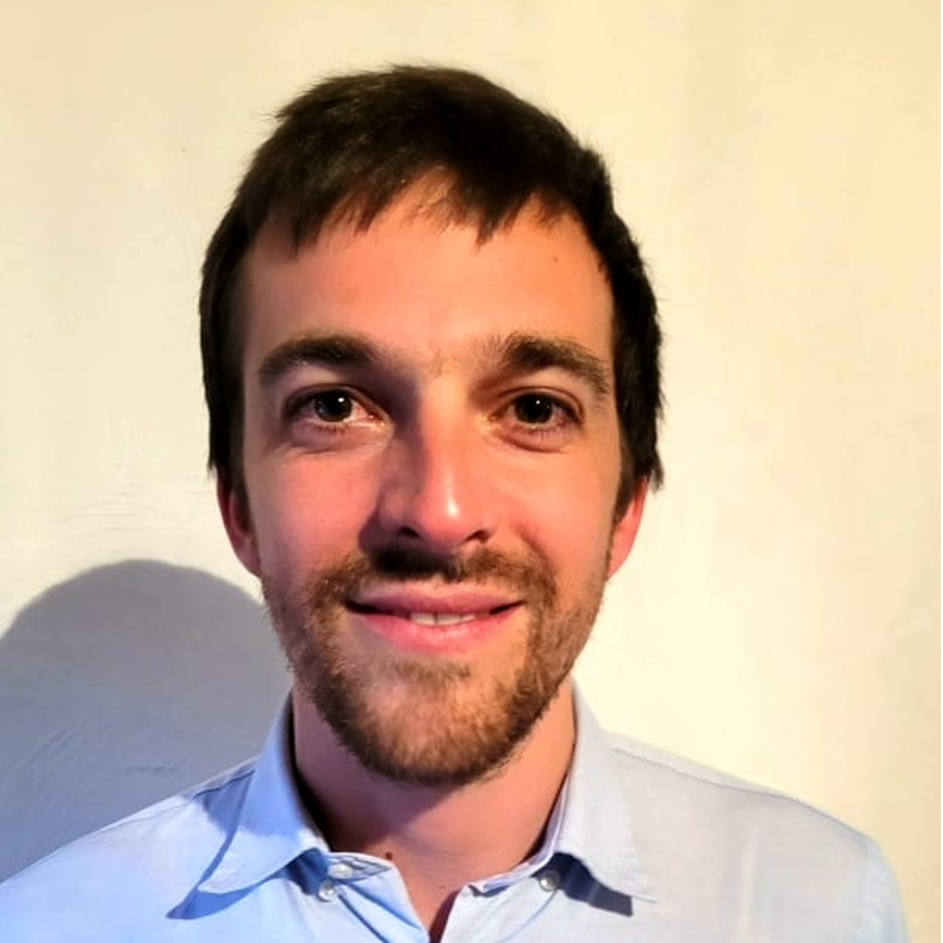Date and time: 1 June 2023, 13:00 – 14:00 CEST (UTC +2)
Speaker: Pascal Helson, KTH Royal Institute of Technology
Title: Cortex-wide topography of 1/f-exponent in Parkinson’s disease
Zoom: https://kth-se.zoom.us/j/69560887455
Administrator: Beatrice Vincenzi, bvin@kth.se
Watch the recorded presentation:
 Abstract: Parkinson’s Disease causes progressive and debilitating changes to the brain as well as to the mind. The extent of symptoms and the brain-wide projections of neuromodulators such as dopamine suggest that many brain regions are simultaneously affected in Parkinson’s disease.
Abstract: Parkinson’s Disease causes progressive and debilitating changes to the brain as well as to the mind. The extent of symptoms and the brain-wide projections of neuromodulators such as dopamine suggest that many brain regions are simultaneously affected in Parkinson’s disease.
In this talk I will explain how we characterised such disease-related and brain-wide changes in neuronal function by performing a source level analysis of resting state MagnetoEncephaloGram (MEG) from two groups: Parkinson’s disease patients and healthy controls.
Besides standard spectral analysis, we quantified the aperiodic component of the neural activity by fitting a power law (κ/f^λ) to the MEG spectrum and then studied its relationship with age and UPDRS. Consistent with previous results, the most significant spectral changes were observed in the high theta/low alpha band (7-10 Hz) in all brain regions. Furthermore, analysis of the aperiodic part of the spectrum showed that, in all but frontal regions, λ was significantly larger in Parkinson’s disease patients than in control subjects. Our results indicate for the first time that Parkinson’s disease is associated with significant changes in population activity across the whole neocortex.
Surprisingly, even early sensory areas showed a significantly larger λ in patients than in healthy controls. Moreover, λ was not affected by the L-dopa medication. Finally, λ was positively correlated with patient age but not with UPDRS-III (summary measure of motor symptoms’ clinical rating). Because λ is closely associated with excitation-inhibition balance, our results propose new hypotheses about manifestation of Parkinson’s disease in cortical networks.
This is joint work with A. Kumar (KTH, Stockholm), M. Vinding (DRCMR, Denmark), D. Lundqvist (KI, Stockholm) and P. Svenningsson (KI, Stockholm).
Bio: Pascal Helson did his PhD at Inria Sophia-Antipolis with a focus on modelling and analysing (mathematically and numerically) neural networks in which neurons interact through plastic synaptic weights.
His current postdoc at KTH is part of the dBRAIN project and within Arvind Kumar’s lab. He is doing whole brain macroscopic modelling using imaging data in order to get more insights into Parkinson’s and Alzheimer’s diseases.





